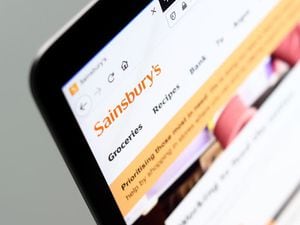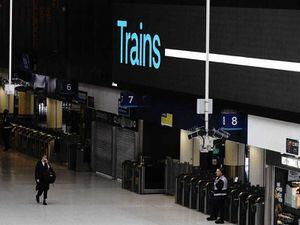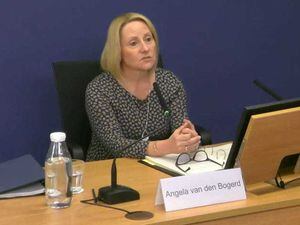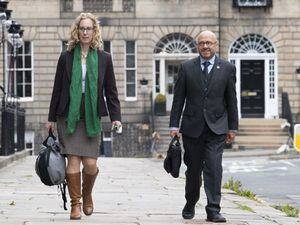Sewage Covid-19 testing now covers two-thirds of England’s population
The Department of Health and Social Care said the system was helping it keep track of outbreaks and variants of concern.
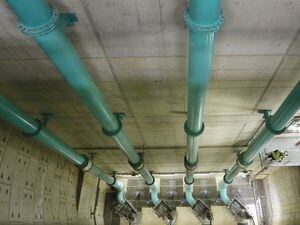
A programme to test sewage to assess the prevalence of different Covid-19 variants in different regions now covers two-thirds of England’s population, the Government has said.
The scheme tests samples of wastewater for traces of the virus, and positive samples are genome sequenced to identify whether it is a variant of concern, such as the India strain.
The Department of Health and Social Care (DHSC) said the programme had helped identify the need for surge testing in areas such as Bristol and Luton.
The programme then continues to monitor sewage after surge testing has ended, to ensure the variant is no longer circulating in the area.
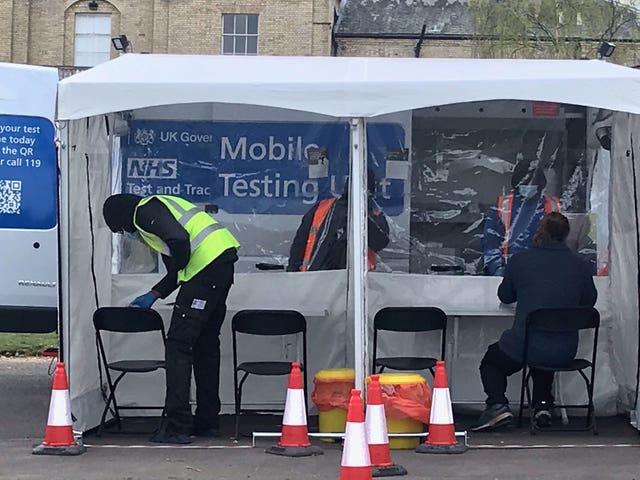
The DHSC hopes that post-pandemic, wastewater testing will help monitor other viruses such as flu, helping the NHS predict which areas are likely to be hit hardest by outbreaks.
A dedicated wastewater testing lab opened in Exeter last month, and is now receiving samples gathered by Environment Agency scientists from 500 locations across England.
It is estimated the programme now covers two-thirds of England’s population.
Monitoring in a specific catchment can even pinpoint localised outbreaks, without relying on residents to come forward for swab testing, the DHSC said.
Programme lead at the Joint Biosecurity Centre, Dr Andrew Engeli, said: “As infections fall and we head out of national restrictions, analysing wastewater to detect variants early on is important to help local authorities and NHS Test and Trace act quickly to stop variants from spreading in communities.”
The programme uses lots of small samples taken over a period of time to provide an insight into a large number of people.
Dr Engeli told BBC Breakfast that the scheme has “successfully found evidence of Covid in communities of about 14,000 people where only one or two people have actually tested positive”.
He added that asymptomatic cases of people who are not showing Covid symptoms and may not yet have shown up in the Test and Trace data can also be detected.
The programme can also be used in an area after an outbreak has been contained to make sure there is not a recurrence.
Sewage testing can also be used in specific institutions, such as food manufacturing sites or prisons.
The DHSC said: “It is not possible to trace back the samples of Covid-19 to specific individuals and no personal information is collected.”
Christina Gray, director for communities and public health at Bristol City Council, said: “This technology helped us to be confident that the picture we were seeing through testing results was a true reflection of the spread of infection, and that there was not a pool of undetected infection that we were unaware of.”
She added: “When we get to a stage where we wind down routine testing, this method could potentially provide an effective means of identifying rising infection and assist us in taking prompt public health action.”

